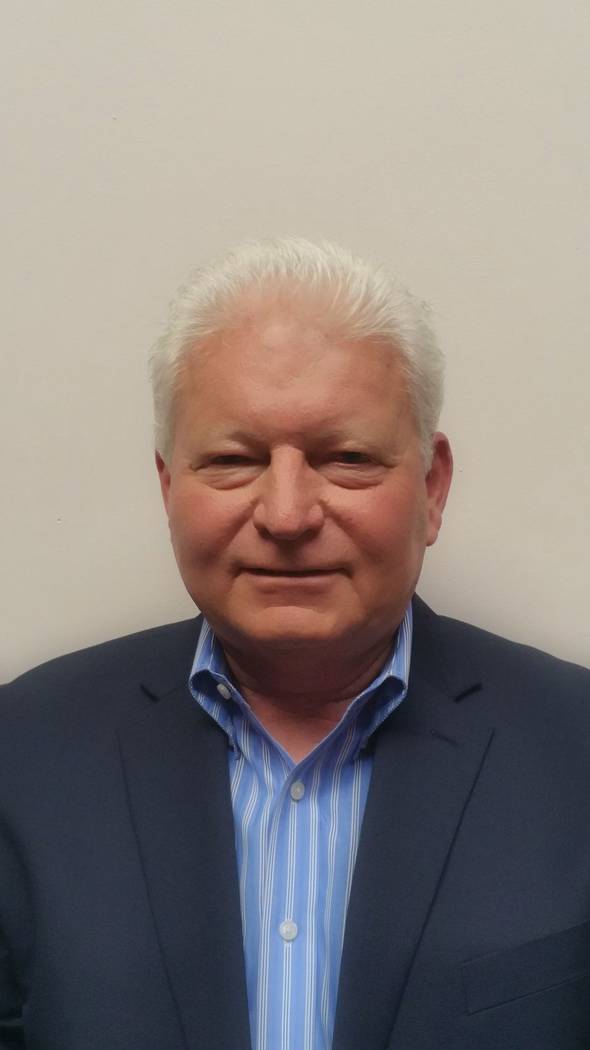Tim Burke: Reflecting on dads as Father’s Day nears
Being a father is a gift that not everyone gets to experience but for those of us who are lucky enough to be a dad, the role comes with a lot of responsibility in raising children. Moms rule the house and make everything work as a family unit, but dads play an important role in teaching their children how to become good adults.
We are not genetically preprogrammed with what we need to know to be a good dad. A switch doesn’t flip in our brain when our children are born, and we then automatically download the instruction book on how to raise them. Instead, that instruction book was learned and imprinted into us while watching our parents as they raised us.
We do inherit many genetic traits from both of our parents. Many of those traits are physical ones. The most common are widow’s peak, bent pinkie, earlobe attachment, rolling of the tongue, cleft chin, dimples, left or right handedness, and curly hair.
Other physical traits can be related to health. We inherit traits for our height, muscle mass, weight, blood pressure, heart conditions, cholesterol, eye color, hair color, vision, and color blindness. In many cases it doesn’t mean that we will have those exact traits, it depends on whether the genes in our parents are dominant or recessive. It also depends on our lifestyle, eating habits, exercise, stress, and a host of other factors.
We also inherit mental genetic traits from our parents. Researchers have discovered that five major mental disorders may be linked to the same common inherited genetic variations, according to a study published in the journal Nature Genetics. Schizophrenia, bipolar disorder, major depressive disorder, autism spectrum disorders, and attention-deficit hyperactivity disorder (ADHD) can be passed from the parents to their children.
None of those inherited genetic traits automatically tell us how to be a good dad. We learn parenting skills from our parents. If we were lucky enough to have both parents available to us, we learned from watching how they parented. If your dad was around, whatever he did was your version of how things are supposed to be, and you grew up trying to emulate what he did. Good or bad, that was your definition of normal and you didn’t have any other instruction book on how it was supposed to be.
So, what are the characteristics of a good dad? Well, sometimes it’s easier to figure out what a not good dad is. I was shopping at one of our local stores recently and I couldn’t but help overhear a cellphone conversation between a dad and his adult son. First, why do people think they need to put their cellphone calls on speaker so everyone within 50 feet must hear their conversation? But that is probably a subject for another column on etiquette in public.
Secondly, this conversation between a dad and his son (they referred to each other that way so it was easy to figure out who was who) was filled with foul language, crude references to women, and taking a nap before they go out drinking. All this while the mom was walking with the dad in the store, she even chimed in on the conversation occasionally. I can guarantee that my dad and I never had a conversation like that, even when I was an adult.
I was fortunate to have a good (no, make that great!) dad growing up. He was kind, fair, loving, quiet, and hardworking. He taught us to treat other people nicely and have good manners. He especially taught us to be nice and respectful to our mom. Dad taught us by his example. He went to work every day. He never complained about his job or his boss. He volunteered helping in his community.
He paid his bills and didn’t lie to people. He was moral. He didn’t go to church much, only on special occasions but he made sure that we attended vacation bible school every summer. He encouraged us and taught us to think for ourselves. He was protective but let us be kids. He was actively involved in our activities, knew all our friends, and attended all our functions at school. He participated in our lives but was not overbearing, abusive, or mean.
I lost my dad to Parkinson’s disease before he had a chance to see his many of his grandchildren. But his legacy and his example on being a great dad is alive and well in every one of them today.
Tim Burke is a businessman, philanthropist, educator and Pahrump resident. Contact him at timstakenv@gmail.com












